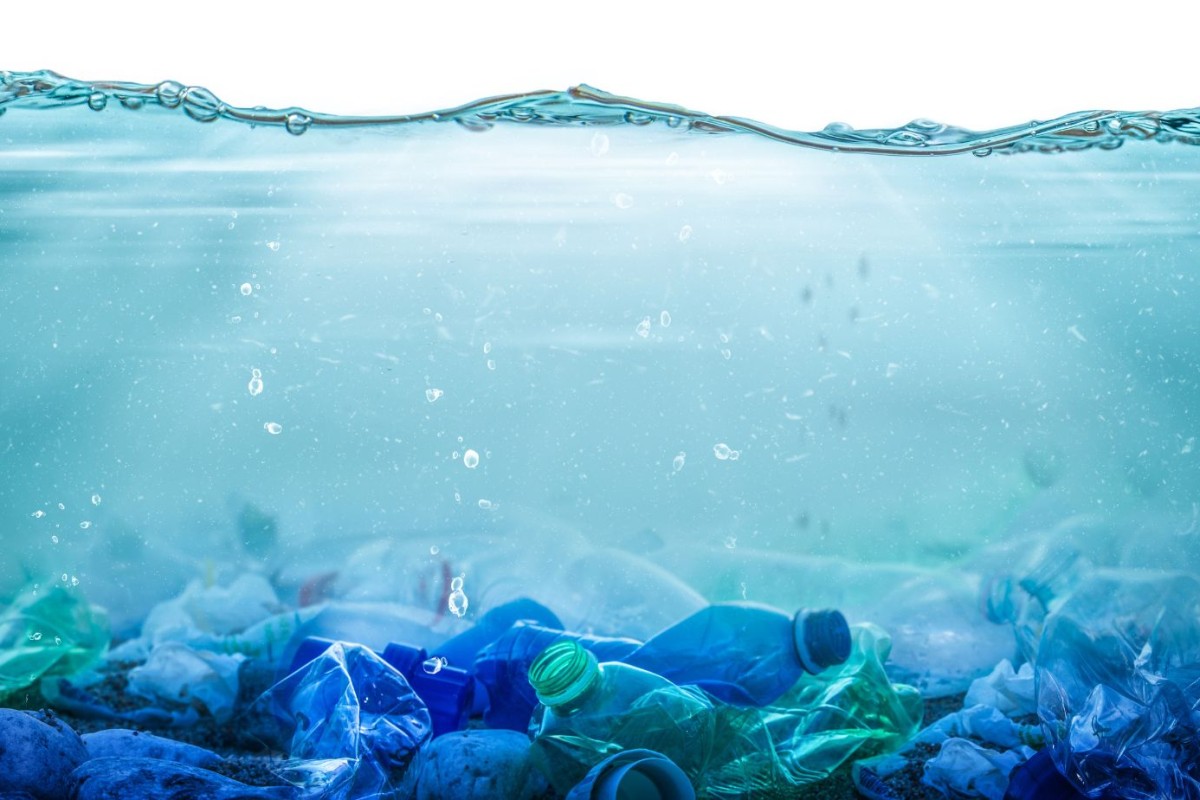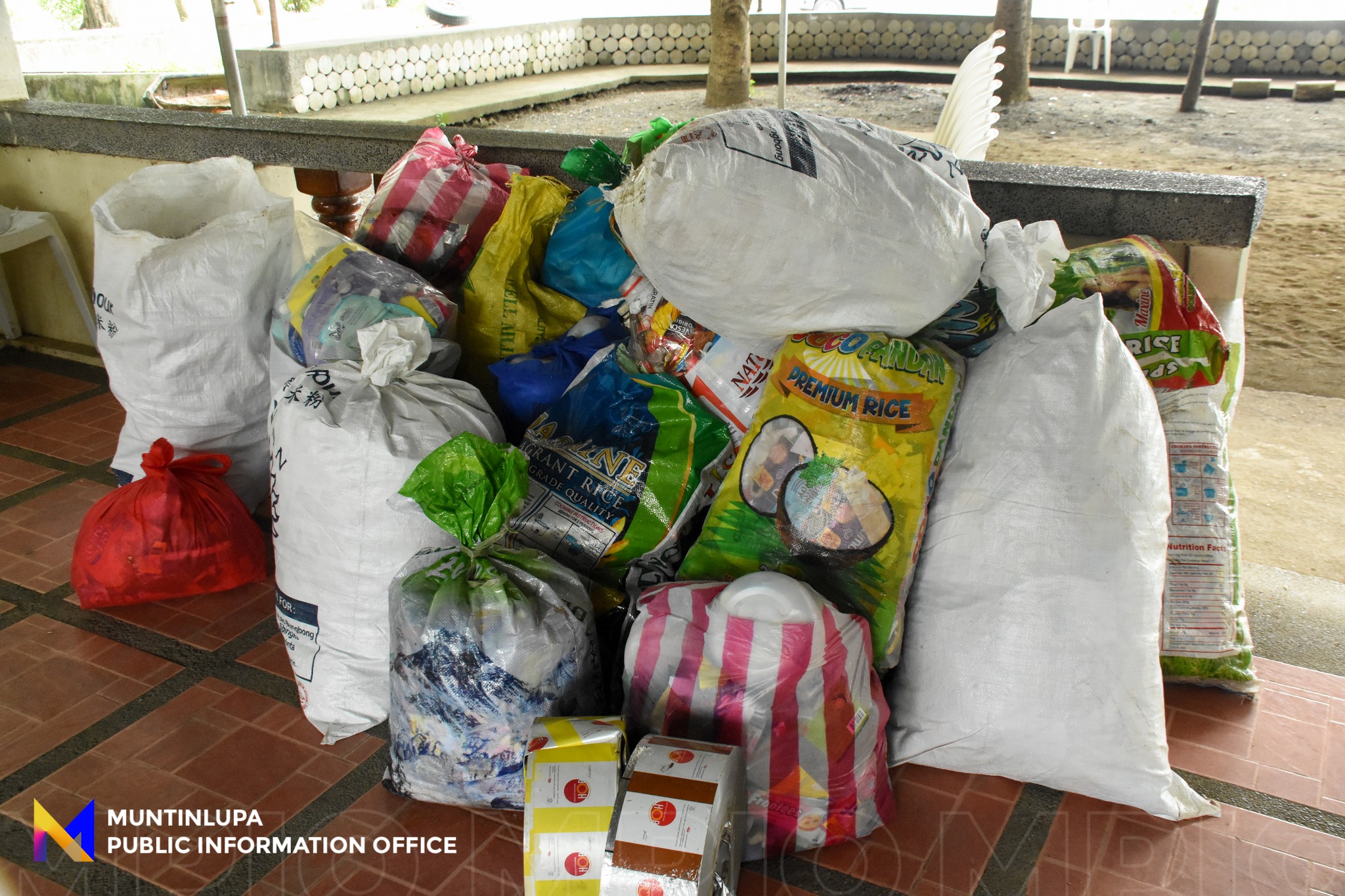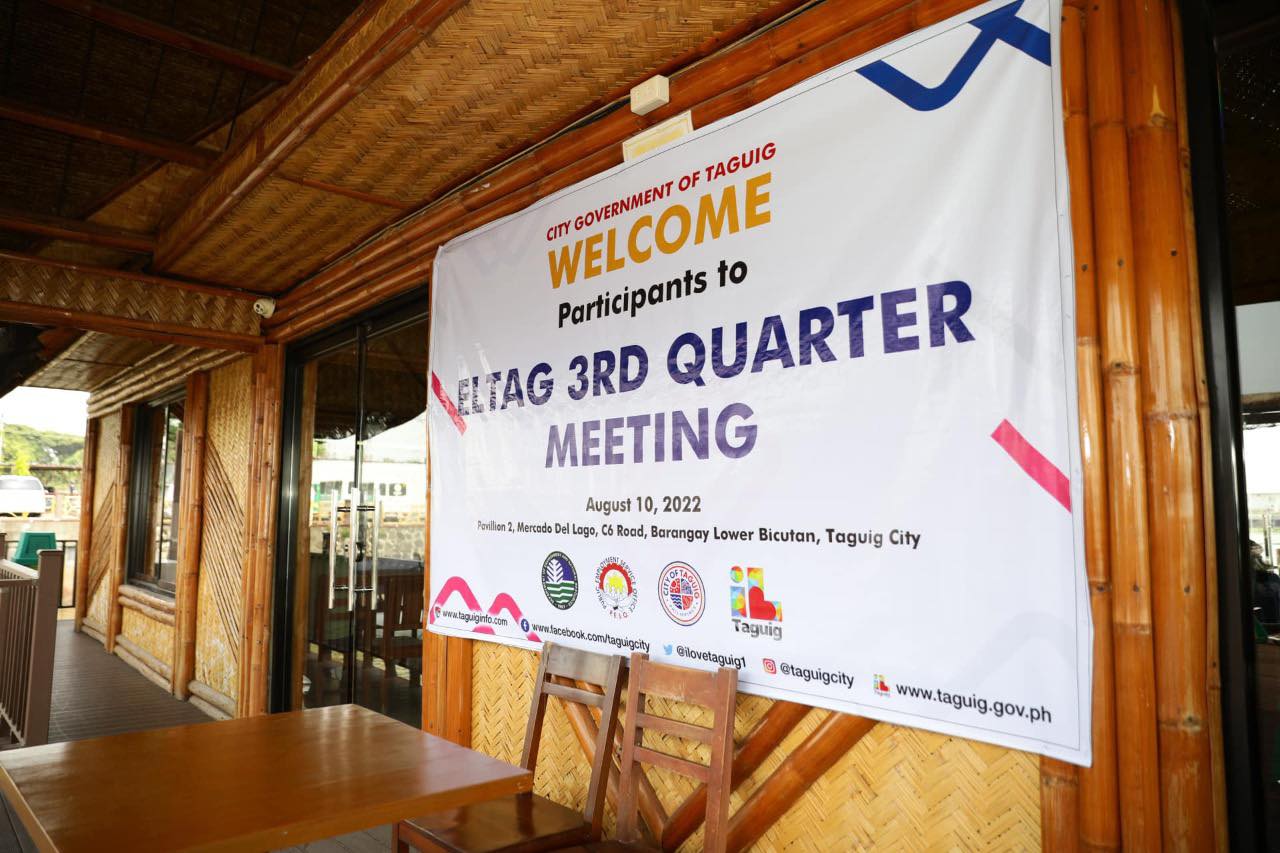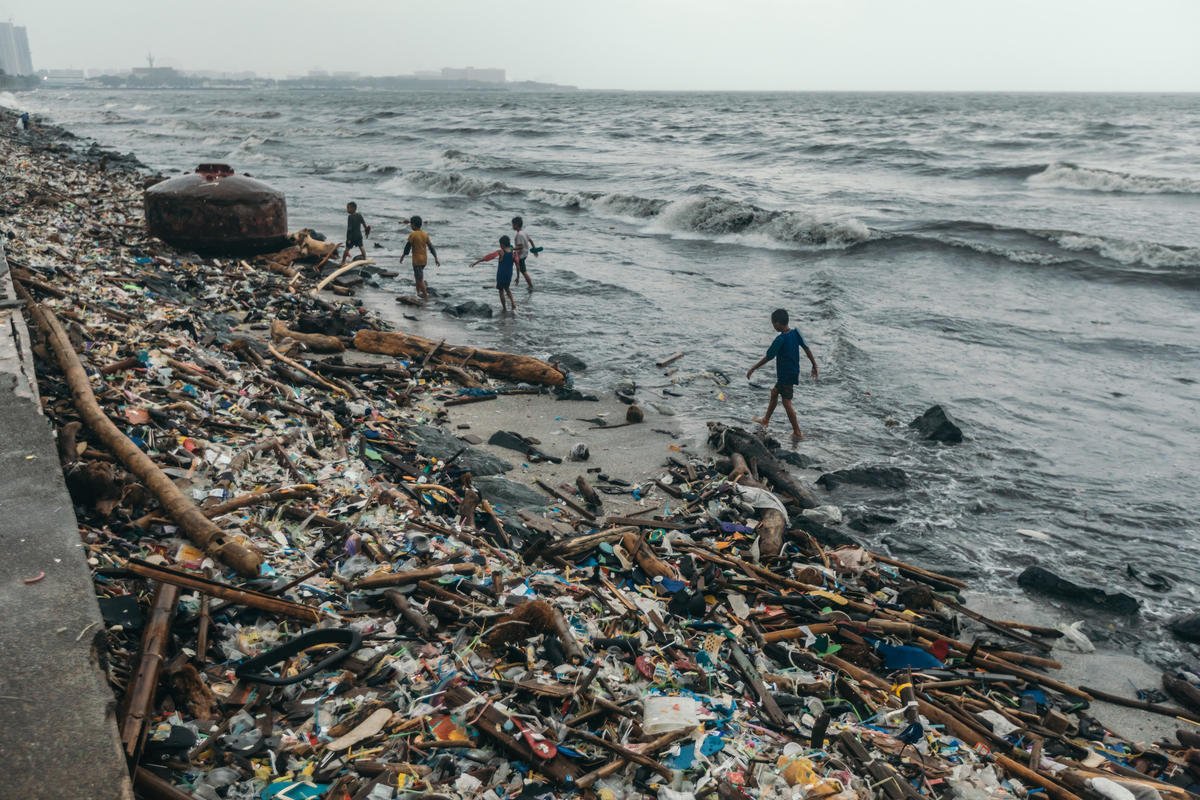
In an era where plastic has become an integral part of modern society, the grave issue of plastic waste has emerged as a global environmental concern. With over 400 million tons of plastic produced annually and a staggering 11 million metric tons entering the ocean each year, the scale of plastic pollution has reached alarming levels. Recent studies indicate that plastic waste accounts for 80% of all marine debris in the world's oceans, severely impacting marine ecosystems and posing a significant threat to biodiversity.
The ASEAN region, comprising 10-member states, has witnessed a tenfold increase in plastic pollution since 1980, contributing to approximately 20% of global plastic production. This surge has had severe consequences for marine ecosystems within the region. Shockingly, a study conducted by two Japanese universities revealed that around 40% of seabirds surveyed globally have ingested toxic substances derived from plastic waste. If current trends continue, projections indicate that there will be more plastic than fish in the oceans by 2050, underscoring the urgency to address this issue.
Moreover, the economic costs of marine debris in the ASEAN region are estimated at a staggering $10.8 billion, affecting industries such as tourism, fishing, and shipping. The rapid urbanization and population growth in Southeast Asian countries have amplified the problem, with more than 31 million tons of plastic waste generated annually in just six-member states. The COVID-19 pandemic has further compounded the issue due to the increased production of single-use items like face masks, face shields, and online delivery packaging.
On the occasion of this year's World Environment Day, the ASEAN reaffirms its commitment to combat plastic pollution and marine debris. The ASEAN Centre for Biodiversity is joining forces with the global community to intensify regional and national cooperation, encouraging collective action for the protection, restoration, and sustainable use of coastal and marine environments. The promotion of effective management practices and approaches to address threats to biodiversity-rich water bodies is paramount, along with knowledge sharing to manage transboundary pollution and waste issues.
To mitigate the impacts of marine debris, the ASEAN Member States have implemented national policies and strategies. Incorporating remediation measures into their National Biodiversity Strategies and Action Plans (NBSAPs), these states have refined and formulated new policies against pollution. Monitoring pollution status using standard quality indices and implementing measures to mitigate pollution's effects on biodiversity are also part of their comprehensive approach.
The ASEAN Centre for Biodiversity plays a crucial role in safeguarding ecosystems, biological species, and genetic diversity from the direct pressures of plastic pollution. Through its flagship program, the ASEAN Heritage Parks (AHPs), the Centre enhances the implementation of global conventions and policies related to biodiversity. This program focuses on building the capacity of park managers, coordinating efforts to strengthen the regional network of protected areas, and expanding the coverage of marine protected areas. A key initiative in managing protected areas involves ridge-to-reef efforts to keep these pristine areas free from litter.
The ASEAN Centre for Biodiversity has also launched an awareness-raising campaign called "Oceans are fitter without our litter," advocating for the reduction of plastic pollution in coastal and marine environments. The campaign promotes the avoidance of single-use plastics and encourages the use of reusable everyday materials such as eco-bags and water tumblers. Moreover, in alignment with ASEAN's Guidelines on Green Meetings, the Centre discourages the use of disposable materials and excessive packaging in regional events, activities, and dialogues on biodiversity.
Nature-based solutions (NbS) are identified as a viable approach to address the plastic pollution problem. The ASEAN Comprehensive Recovery Framework 2020 highlights the importance of NbS, which utilize ecosystem services and biodiversity benefits to effectively address social, economic, and environmental challenges. Examples of NbS include seaweed-based products as alternatives to plastic and sustainable packaging options using palm-based products instead of styrofoam.
Lastly, safeguarding marine species, including microorganisms, is crucial for monitoring the health of ocean systems. They serve as vital indicators of a deteriorating ecosystem, and early warning mechanisms can provide timely action to prevent irreversible and catastrophic damage from pollution.
With all these regional policies and instruments in place and by fostering regional cooperation, implementing nature-based solutions, and raising awareness about plastic pollution, the ASEAN endeavors to safeguard its coastal and marine environments for future generations. (ACB / PIA-NCR)





